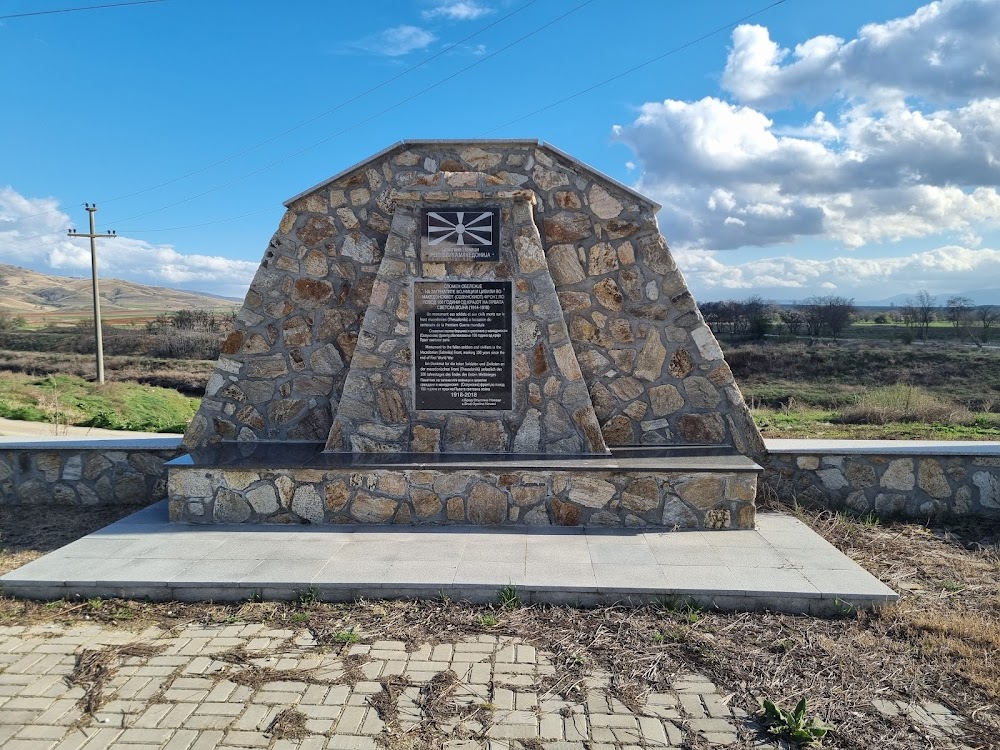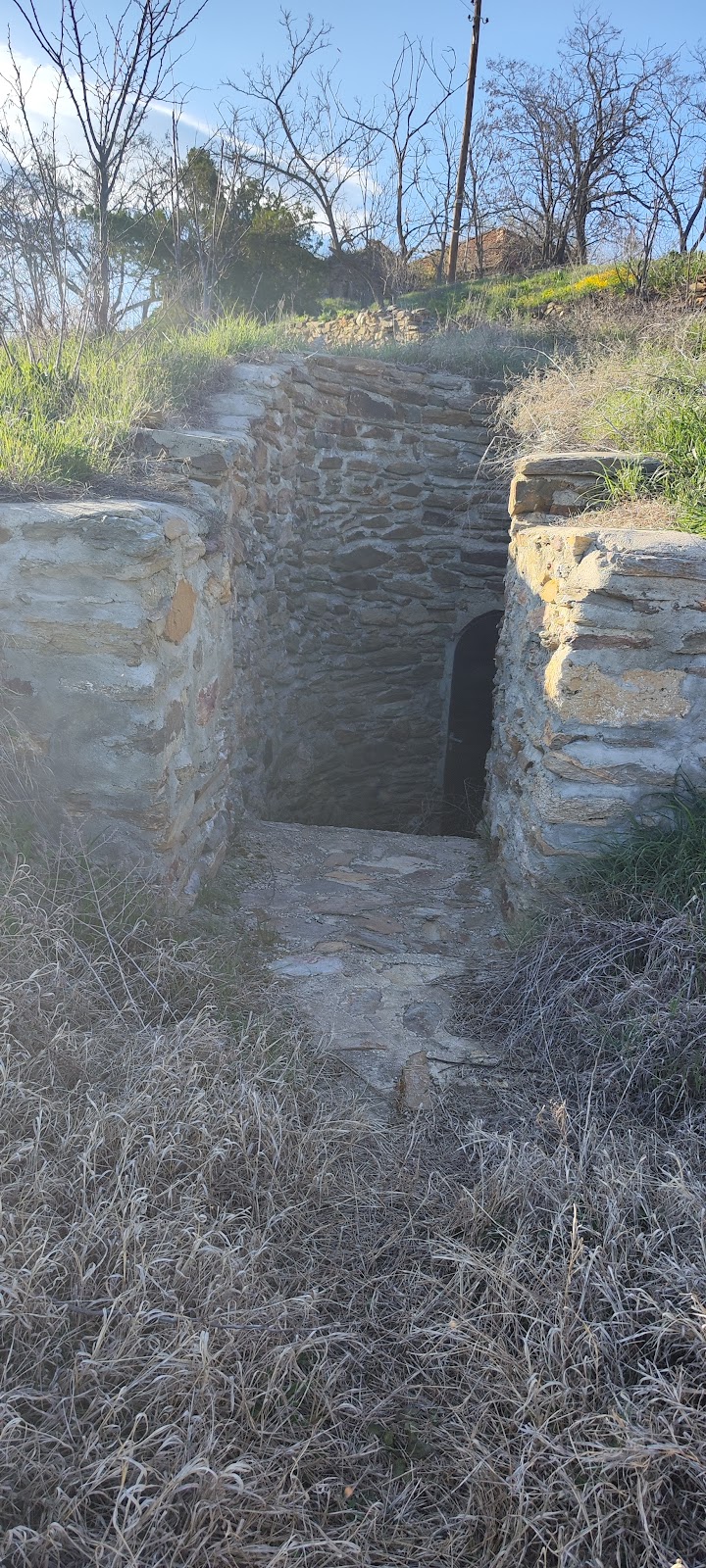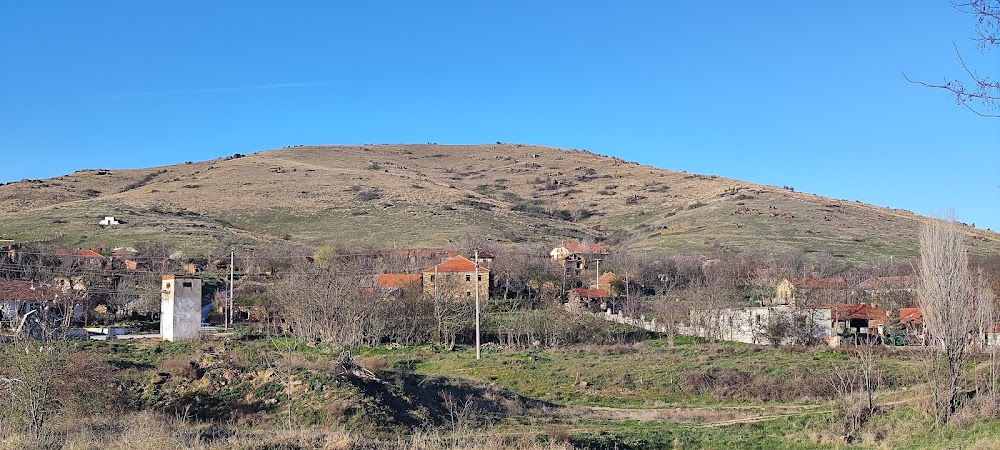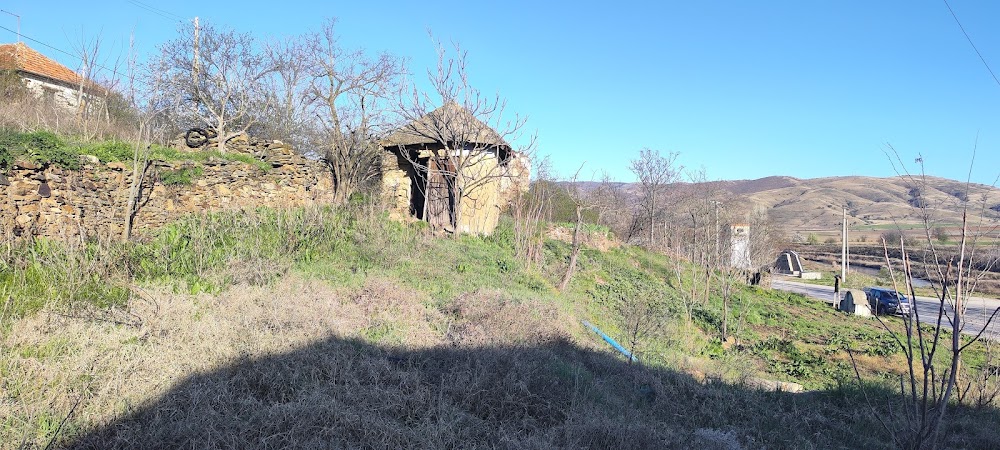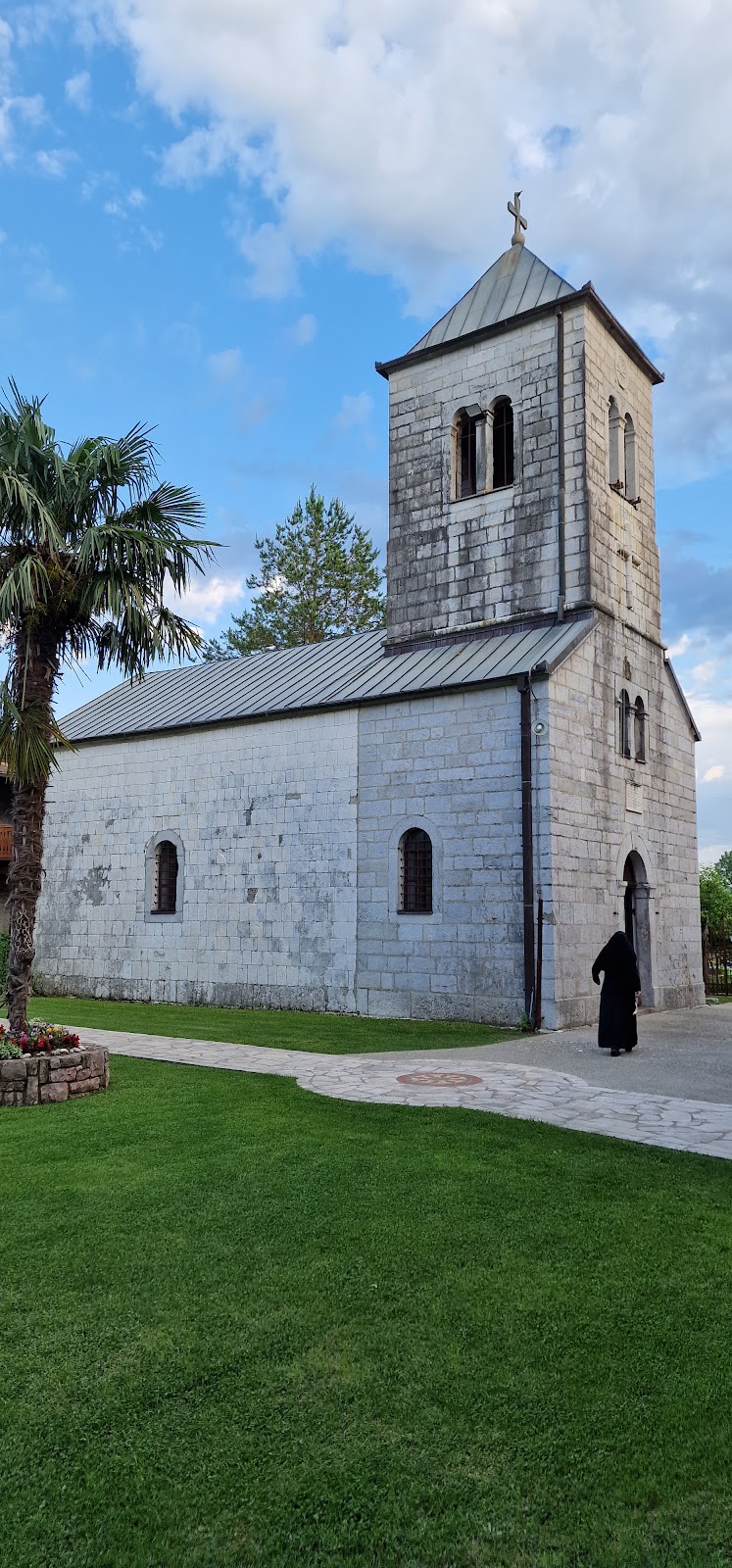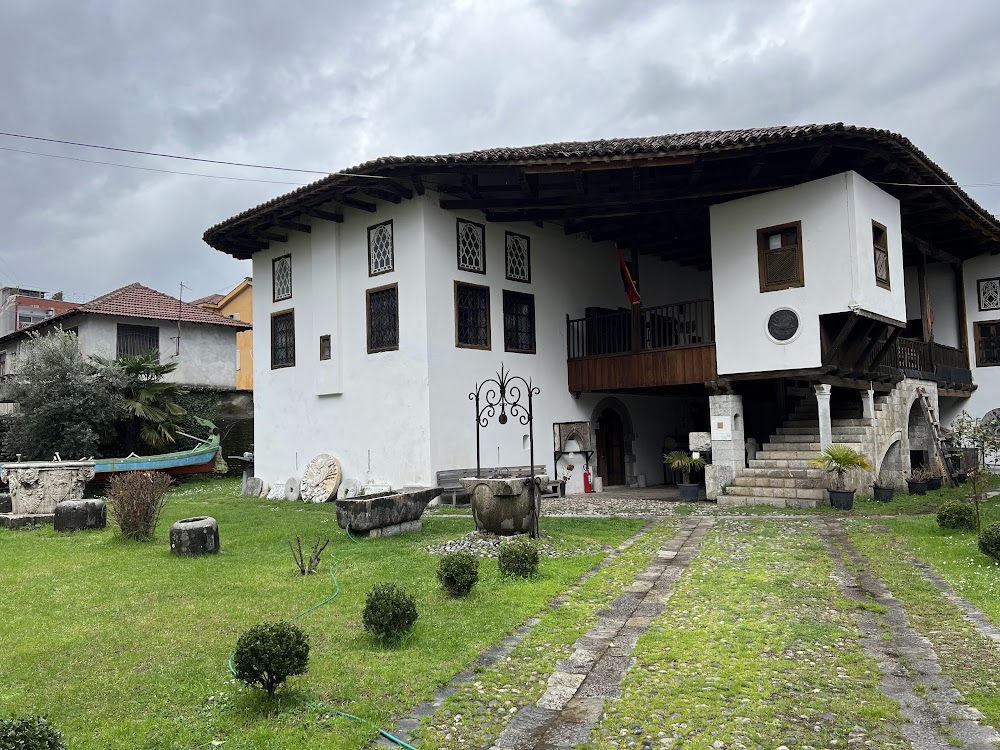Monument to the Fallen Soldiers (Споменик палим борцима)
Overview
The **Monument to the Fallen Soldiers and Civilians** on the Macedonian (Salonika) front, often referred to simply as the **Monument to the Fallen Soldiers**, stands proudly in Danilovgrad, Montenegro. This poignant memorial pays tribute to the brave souls who lost their lives during the tumultuous days of World War I. Built to honor the courage and sacrifice of both soldiers and civilians involved in this grueling front, the monument serves as a heartfelt reminder of their enduring legacy.
Constructed from a blend of local stone and bronze, the monument is a stunning representation of resilience and bravery. Its creation was a community-driven initiative, where local historians and artists collaborated to design a fitting tribute. Extensive research was undertaken to ensure that the historical elements depicted are both accurate and meaningful. The design seamlessly combines classical and modern styles, symbolizing a connection between the past and the present while emphasizing the importance of remembrance.
At the heart of the monument stands a **bronze soldier**, cast in a proud and noble pose. This central figure embodies the valor and strength of those who fought on the front lines. Flanking the soldier is a stone relief that vividly illustrates scenes from the war, including trench warfare and the hardships faced by soldiers, as well as the crucial support provided by civilians. The intricate details of the soldier’s uniform, weaponry, and expressions are meticulously sculpted, capturing the emotional weight and historical significance of that era.
Surrounding the central figures are several **plaques** embedded into the stone base of the monument, each engraved with the names of fallen soldiers and civilians. These plaques serve as a lasting testament to their legacies, featuring brief biographies, ages, and hometowns. This personal touch allows visitors to connect deeply with the stories of those who sacrificed their lives in service.
The **location** of the monument in Danilovgrad was chosen for its historical significance and connection to the broader events of World War I. Nestled within a tranquil park, the site provides a serene environment for reflection and remembrance. The park features inviting pathways and benches, creating a welcoming space for visitors to engage with the monument and contemplate the sacrifices made by previous generations.
One of the most striking aspects of the monument is its integration of **natural elements**. Flower beds encircle the base, blooming seasonally to symbolize renewal and the ongoing cycle of life. The choice of flora is deliberate, with many perennial plants selected to ensure vibrant colors throughout the year, further enhancing the site’s role as a place of remembrance.
The **unveiling ceremony** of the monument was a deeply moving event, attended by locals, dignitaries, and the descendants of the fallen. Speeches shared during the ceremony recounted the hardships endured and the victories achieved on the Macedonian front, reinforcing the community's collective memory and the lasting impact of those turbulent years.
Beyond its role as a memorial, the monument also serves an **educational purpose**. Informative panels around the site provide valuable context about the Macedonian (Salonika) front, the geopolitical climate of the time, and the implications of the battles fought. Schools frequently organize visits to the monument, using it as a tangible link to history while promoting the ideals of peace and resilience.
Over time, the **Monument to the Fallen Soldiers** in Danilovgrad has evolved into more than just a commemorative structure; it stands as a beacon of unity and a reminder of the high cost of conflict. Not only does it pay tribute to the past, but it also symbolizes hope for a peaceful future. The community’s unwavering commitment to preserving and honoring these memories ensures that the sacrifices of the fallen will never be forgotten, and their stories will continue to inspire generations to come.


